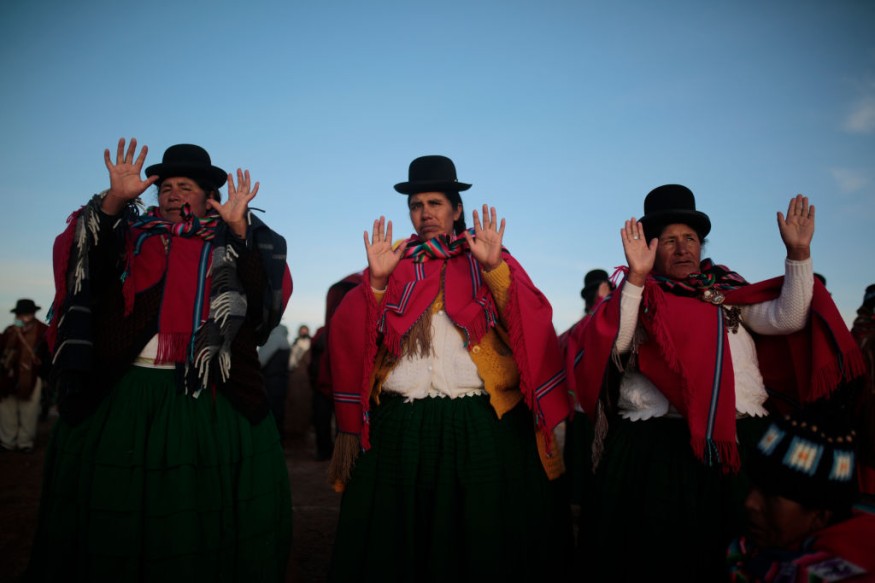Bolivia Culture Quirks: 5 Things To Know About Bolivians

Bolivians often claim that there is no "Bolivian culture" per se, but the South American country of Bolivia does have its own unique cultural quirks.
There are 36 different indigenous cultures in the country, and each one is proud of its own heritage and relishes how different they are. However, all those differences also come with a few things that many of them have in common, including the fact that they adopted some of their cultural practices from Spain during the colonial period.
Cultural Quirks in Bolivia That Are Common Among Many Ethnicities
The Spanish influence in Bolivia is profound, and it may have united the many indigenous groups within the country as Spanish remains the main and official language spoken throughout the country. The many indigenous peoples also speak 39 different languages, but Spanish remains dominant.
Aside from the language, however, there are a few quirks found in many Bolivians, and these include:
Religion Is Over 90% Roman Catholic
Much like many countries in Latin America, a vast majority of Bolivia's population identifies as Roman Catholic. According to World Atlas, around 92.5% are overall Christian, with a majority being Catholic. Only around 3.1% say that they are practicing indigenous religion, while only around 4% say they are part of the Baha'i faith or are Agnostic.
Thanks to the dominance of Catholicism, important holidays such as Lent, Easter, and Christmas are widely celebrated or observed throughout the country, and fiestas happen in various towns and cities. The most important one is the Carnaval de Oruro, which is recognized by UNESCO.
Extended Families Are Common in Bolivia
In Bolivia, the family often serves as the axis of the social life and structure and is quite tight-knit. It is common to see several generations living together in one house, especially in the more rural areas. Extended families can be found everywhere, and Commiseo Global noted that husbands often act as the breadwinner while women have more domestic roles as the society is very patriarchal. Often, other relatives such as uncles, aunts, and their own families are also living in one household.
How Bolivians Greet Each Other
As for greeting a Bolivian, handshakes are very common, though establishing direct eye contact is greatly appreciated as it shows the other person that you are trustworthy, according to Active Adventures. However, Bolivians do tend to stare at strangers, so do not get offended if they do that.
Always Accept Gifts
In Bolivia, declining gifts are frowned upon, so it would be very wise to accept anything given to you as a gift. If one is invited to a special occasion, it is recommended to also bring gifts, often flowers or something to eat or drink.
Punctuality Is Not Expected
Unlike other parts of the world where time is money, Bolivians are a bit more laid back. Arriving 20 to 30 minutes late is often considered acceptable to many, though arriving on time would still be considered very good.
This article is owned by Latin Post.
Written by: Rick Martin
WATCH: Geography Now! Bolivia - Geography Now
Subscribe to Latin Post!
Sign up for our free newsletter for the Latest coverage!
© 2026 Latin Post. All rights reserved. Do not reproduce without permission.













